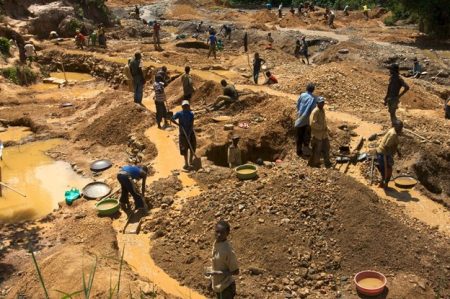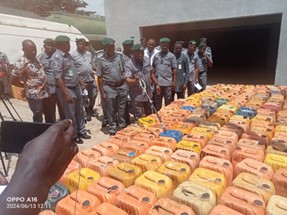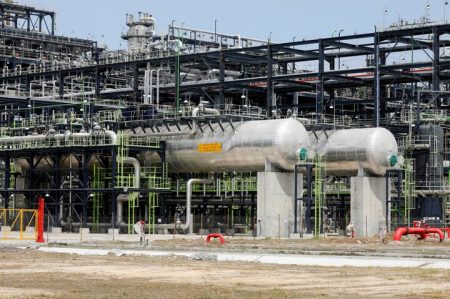
Mkpoikana Udoma
Port Harcourt — Stakeholders in Nigeria’s oil-bearing region have resolved to revisit and review the Niger Delta Regional Development Master Plan, which expired in 2020, to provide sustainable focus for the region.
They also resolved that the Niger Delta Development Commission, NDDC, should prioritise key sectors that would have huge impact on the standard of living of the people of the Niger Delta region, especially in infrastructure, education, health and agriculture.
The resolutions are contained in a communique issued by members of the NDDC Governing Board
at the end of the recent Board and Management Retreat held at the Ibom Icon Hotels and Golf Resort in Uyo, Akwa Ibom State.
The stakeholders equally resolved that the Commission should consider implementing legacy projects that have the potential to benefit the people of the region, reduce poverty and improve the conditions of living of the people.
“That the NDDC in its determination to take the region to greater heights shall engage in Public Private partnership arrangements with State Governments, International Oil Companies as well as International Donor Agencies with a view to executing mega projects for the region.”
According to the communique, the presentations, group discussions at the retreat, addressed critical issues meant to ensure that the Board was abreast of the imperatives of its role, its relationship with the Ministry and Public Service Provisions in handling Government business in addition to repositioning the Commission for effective service delivery.
The communique posited that the Presidency should initiate the process of amending the NDDC Act 2000 to bring it in line with current challenges and realities.
“There should be a clear definition of roles and responsibilities according to the NDDC Establishment Act of both the Ministry and the Commission. There should be effective, strategic, timely communication and feedback between the Ministry and the Board.
“There should be due adherence to all extant rules and regulations, especially the NDDC Act and other government circulars as applicable to MDAs.”
The stakeholders stressed that NDDC should improve its youths and women empowerment programmes, as well as put in place a system that ensures that statutory revenues due to the NDDC in accordance with the Act are collected.
They also advised the NDDC to strengthen monitoring and evaluation of its projects to ensure programme effectiveness and efficiency.
“That Board, Management and Ministry relationship requires effective and intentional stakeholder engagement to eliminate suspicion and grey areas.”
“The Board should prioritize transparency and accountability in the activities of the Commission by publishing regular reports on the Commission’s activities as well as being open to public scrutiny.”
The communique also urged that proper NEEDS assessment to be carried out through consultation with relevant stakeholders to reflect the real and actual needs of the communities.
“There is a need for strategic stakeholder Management, effective communication and Conflict Management Plan respectively to facilitate the required stakeholder collaboration and synergy imperative for sustainable development of the region.
Follow us on twitter



